
Here in the United States, the first quarter of 2023 brought EV market share to 7.2% along with a new EV sales record, despite an overall auto market slump. Electric cars are hot right now, but buying one is easier said than done. Supply shortages, insufficient charging infrastructure and unattainable prices are just some of the reasons why many Americans want an EV, but hesitate to make the switch. Nevertheless, California has announced a ban on new ICE vehicles that starts in 2035. Other states are beginning to follow suit. Which states are banning ICE cars, and which 17 are likely to go that route next? The answers tell us a lot about where the automotive industry is headed, and also the challenges that consumers may face when buying a car in the next decade.
California Was First to Announce ICE Car Ban
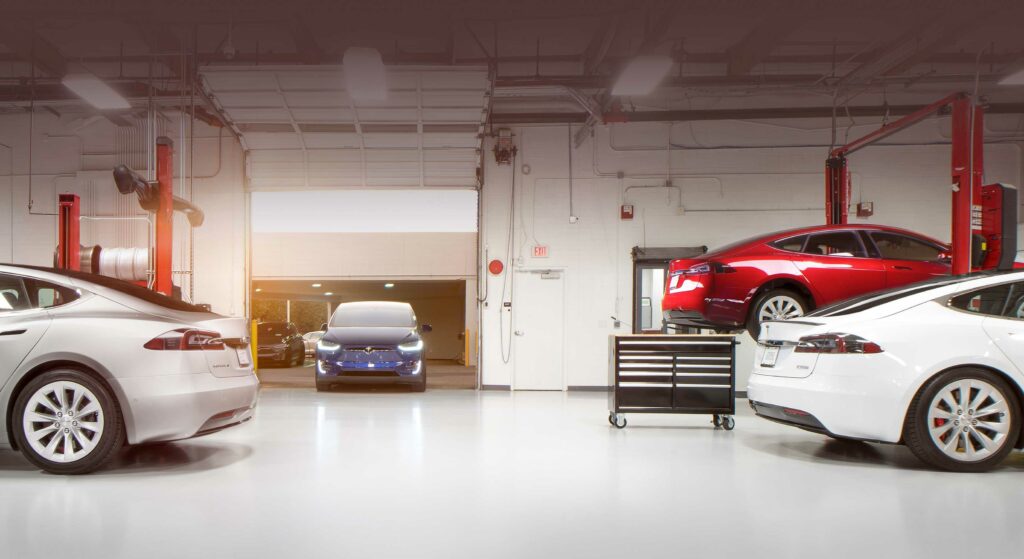
Why don’t states have to follow federal emissions rules? Well they do, but they are allowed to enforce more stringent rules. California was originally granted a waiver from the 1970 Clean Air Act so that it could enforce even stricter emissions standards to combat smog. Since then, other states have followed suit with transportation-related emissions targets.
Today, nearly a quarter of Americans live in a state where sales of internal combustion engine (ICE) vehicles are set to be phased out.
If you’re no stranger to the auto industry, you likely know that California’s strict emissions standards have shaped fuel economy standards and electrification plans for a few decades. In August of 2022, California announced that it will phase out gasoline-powered cars by 2035 to reduce demand for fossil fuels responsible for human health hazards and climate-warming emissions. Governor Gavin Newsom said the transportation sector is “responsible for more than half of all of California’s carbon pollution, 80 percent of smog-forming pollution, and 95 percent of toxic diesel emissions.”
Will California’s ICE ban be moved forward to 2030? It’s possible. While it seemed to be a likely move just one year ago, the limitations that automakers face in making EVs will likely prevent states from moving up timelines to before 2035. Still, some politicians are advocating for a quicker phase out of fossil fuels, and the cities of Oakland, Culver City and Berkeley are already targeting a 2030 deadline.
California ICE Ban Timeline
The California Air Resources Board (CARB) adopted the Advanced Clean Cars II proposal on August 25. In addition to banning light-duty vehicles powered by internal combustion engines in 2035, the new rules set a timeline for a phase-out period.
California’s new CARB policy requires that 35 percent of new passenger vehicle sales in California must consist of zero-emissions vehicles by 2026, with the requirement increasing to 68 percent by 2030, and 100% in 2035.
Accelerated Timeline for Ridesharing
A new regulation promoted by the California Air Resources Board (CARB) would require that rideshare companies achieve a level of zero greenhouse gas emissions and to ensure 90 percent of their vehicle miles are fully electric by 2030. California, a state that relies on ridesharing more than most other American states, will be putting the pressure on Uber, Lyft and others.
The new EV tax credit impacts everyone. See the models that qualify, and the many that don’t.
What States Follow CARB Emissions Standards?
Since the 1990s, 17 states have enacted laws requiring state emissions policies to mirror those of California. These are the states that follow CARB emissions standards:
- California
- Connecticut
- Colorado
- Delaware
- Maine
- Maryland
- Massachusetts
- New Jersey
- New Mexico
- New York
- Oregon
- Pennsylvania
- Rhode Island
- Vermont
- Virginia
- Washington
- Washington D.C
All of these states and the District of Columbia are likely to officially adopt the 2035 ICE ban in the coming days or weeks.
Washington State Plans to Ban ICE Cars
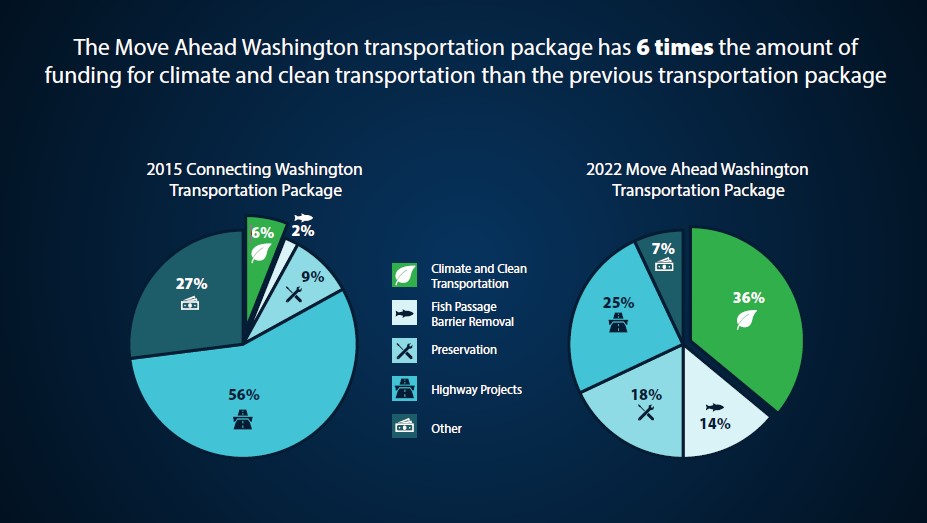
We’re one nation under different sets of rules. Washington and Massachusetts have so-called trigger laws in the books that require them to follow the lead of the California Air Resources Board (CARB). With the latest news from California, Washington and Massachusetts have also announced a 2035 ban on ICE cars.
Previously, the 2022 Move Ahead Washington transportation package passed the state’s legislature and made it to Governor Inslee’s desk for a signature. Thirty-six percent of the $16 billion transportation package is dedicated to climate-friendly transportation infrastructure, such as electric vehicle charging, public transit electrification, and even low-emissions ferries.
Within the 2022 Move Ahead Washington package is a bold new policy aimed at ending sales of new internal combustion engine (ICE) vehicles starting in 2030, just 7 years away. For now, Washington has decided to pursue California’s 2035 target. Perhaps politicians in Washington state have been keeping an eye on automakers struggling to ramp up EV production just 7 years from the more ambitious target.
“Transportation is our state’s largest source of greenhouse gas emissions. There is no way to talk about climate change without talking about transportation. This package will move us away from the transportation system our grandparents imagined and towards the transportation system our grandchildren dream of,” Inslee said in a statement.
In 2020, transportation overtook electricity generation as the top source of carbon emissions in the United States.
New York ICE Car Ban
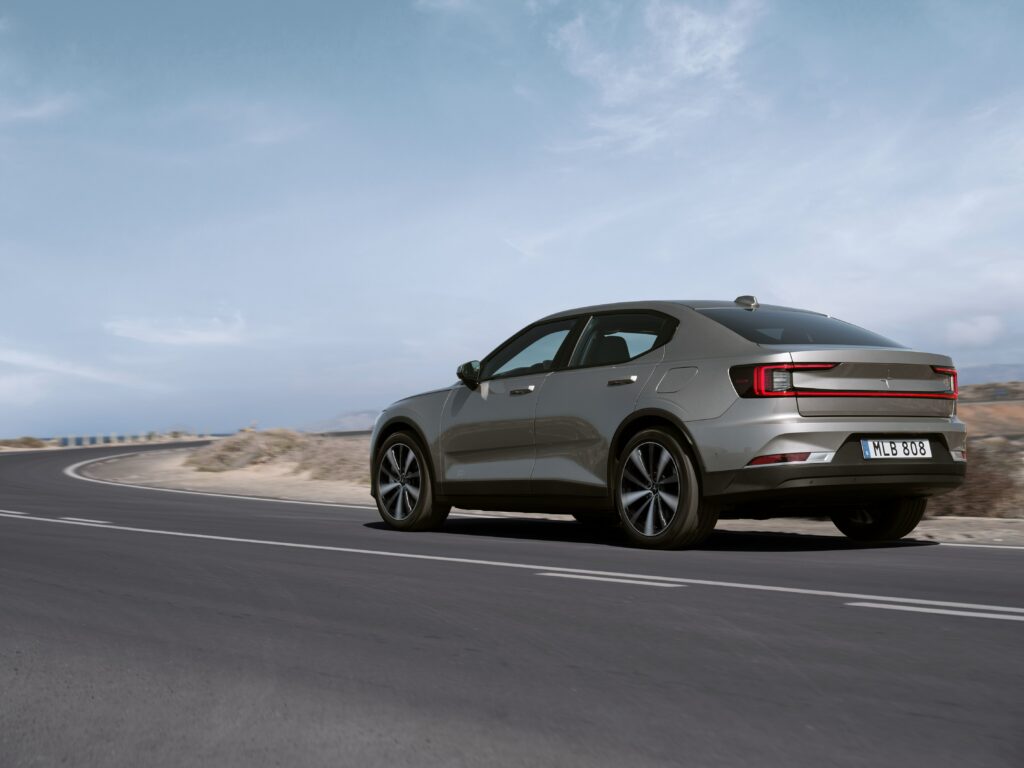
New York will ban the sale of ICE cars and light-duty trucks starting in 2035. In September 2021, Governor Kathy Hochul signed a bill implementing the future ban. The New York law also seeks to eliminate emissions from medium- and heavy-duty vehicles by 2045. The state government is required to create a detailed plan for zero-emissions vehicle development by the end of 2023.
The New York ICE ban has eyes on the truck sector. Governor Hochul instructed the Department of Environmental Conservation (DEC) to propose new regulations that will accelerate the adoption of electrified trucks in particular.
“When adopted, this new regulation will require an increasing percentage of all new trucks sold in New York to be zero-emissions vehicles beginning with the 2025 model year, cementing our state as a national leader on actions to address climate change while spurring economic opportunities and helping to reduce air pollution,” said DEC Commissioner Basil Seggos.
Massachusetts ICE Ban
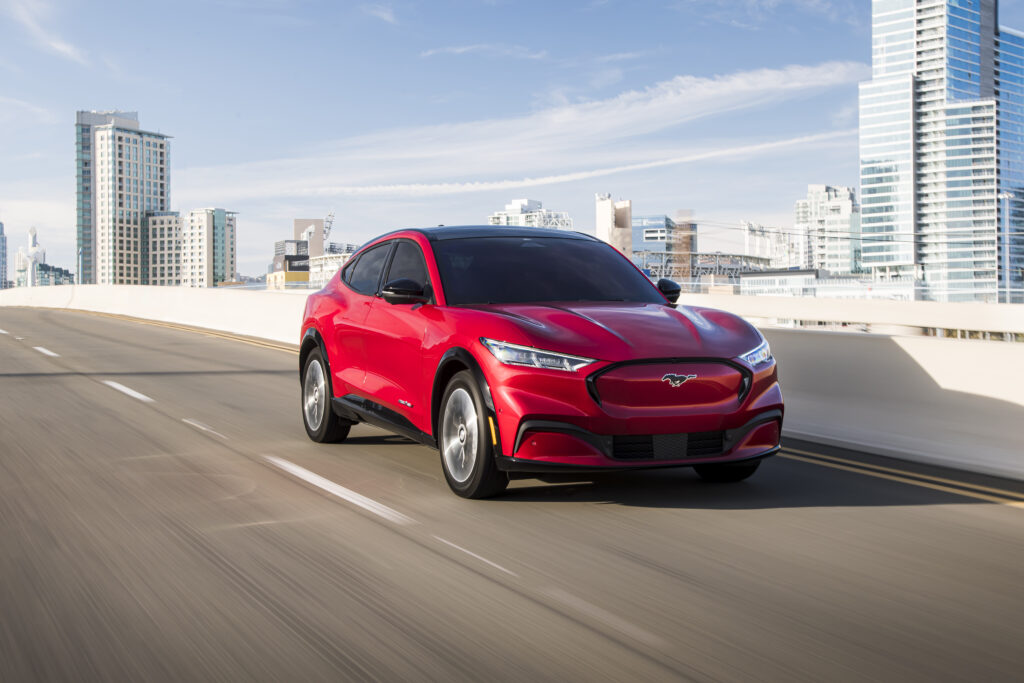
Massachusetts is another state with a trigger law requiring state emissions policy to mirror that of the California Air Resources Board. The state has now adopted the same 2035 ICE ban that the Golden State has.
Roughly 27 percent of Massachusetts emissions come from passenger vehicles. As the state seeks out strategies to achieve net-zero fossil-fuel emissions by 2050, a ban on the sale of new combustion-powered vehicles has entered the picture.
Massachusetts is one 17 states that adhere to California’s vehicle emission standards, a policy first adopted in 1991 to ensure the state has strict anti-pollution regulations.
Virginia Follows Suit, and Some Lawmakers Regret It
In 2021, Virginia became the 17th state to adopt some of California’s tailpipe emission standards that are stricter than federal rules. One year later, elections shifted the balance of power.
“House Republicans will advance legislation in 2023 to put Virginians back in charge of Virginia’s auto emission standards and its vehicle marketplace,” House Speaker Todd Gilbert said in an August 2022 statement, according to the AP. “Virginia is not, and should not be, California.”
For the time being, Virginia is on track to ban light-duty ICE vehicles in 2035 as it follows California’s lead. With a republican governor and House, it is quite possible that this could change.
Will There Be a Nationwide Phase-Out of Gas-Powered Vehicles?
In 2023, the 17 CARB states are seeking to set a target date for the nationwide phase-out of combustion-fueled light-duty vehicles starting in 2035.
Why stop at heavy duty trucks? The battery and charging technology isn’t quite there yet for big rigs, and supply chain logistics are too fragile to disrupt with talk of bans on combustion engines.
Proponents of a nationwide ban on ICE sales say that it’s the most effective way to combat pollution since emissions spread beyond state borders. A nationwide ban on ICE vehicles does not appear likely for now, but we’ll keep an eye on the latest developments at both the state and federal levels.








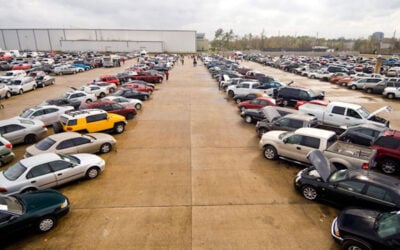

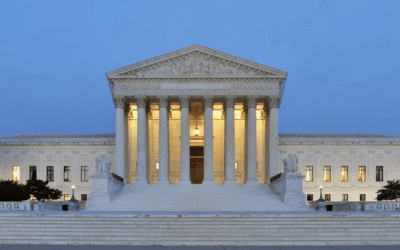


0 Comments